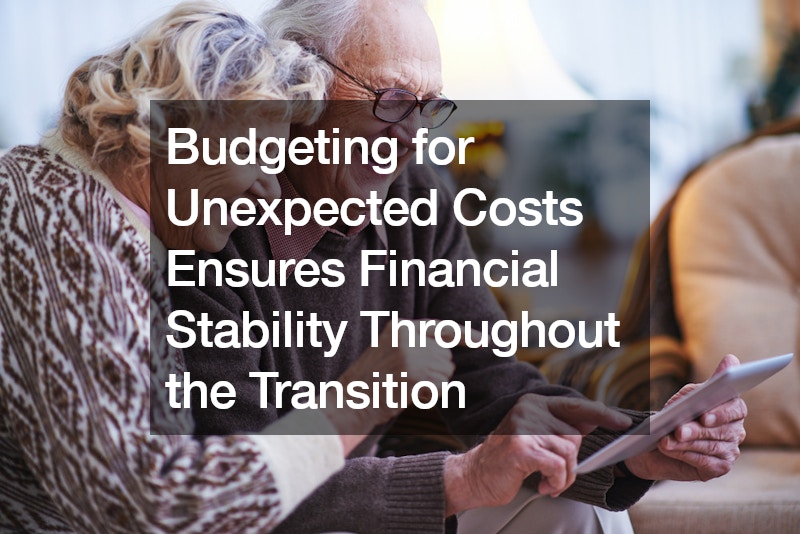As families navigate the decision of whether assisted living is feasible for elderly parents, financial considerations play a crucial role. Assessing affordability involves evaluating various factors beyond basic monthly fees. Begin by compiling all income sources, including pensions, Social Security, investments, and any other financial support. Next, calculate current expenses and compare them with the cost of assisted living, which typically covers accommodation, meals, and services like housekeeping and transportation.
Understanding the specific assisted living cost is essential; facilities vary widely depending on location, amenities, and level of care required. Some seniors may qualify for financial assistance through Medicaid or veterans’ programs, significantly reducing out-of-pocket expenses.
Additionally, long-term care insurance policies may cover a portion of costs if purchased in advance.
Analyze potential future expenses such as healthcare needs, which may increase with age. Budgeting for unexpected costs ensures financial stability throughout the transition. Consulting with a financial advisor specializing in elder care can provide valuable insights into maximizing resources and planning for the long term.
Ultimately, making informed decisions about assisted living involves a comprehensive financial assessment tailored to individual circumstances. By carefully evaluating income, expenses, and available resources, families can determine whether the assisted living cost aligns with their elderly parents’ financial capabilities and long-term needs.
.


